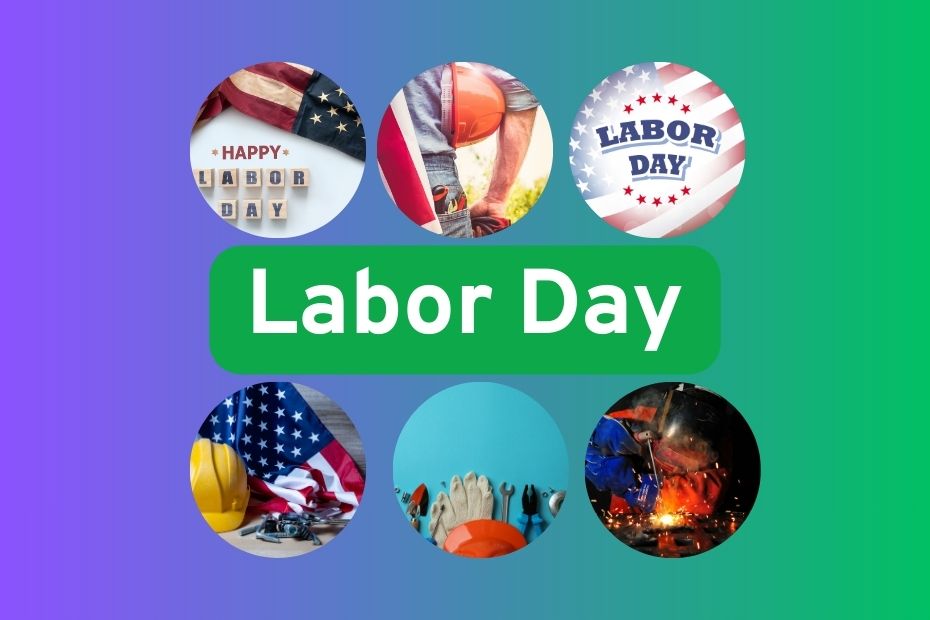Days Countdown
Weeks Countdown
Months Countdown
How Many Days Until Columbus Day? (2026-2050)
| Date | Day | Days Left |
|---|---|---|
| 2026 (October 12) | Monday | 255 days |
| 2027 (October 11) | Monday | 619 days |
| 2028 (October 9) | Monday | 983 days |
| 2029 (October 8) | Monday | 1347 days |
| 2030 (October 14) | Monday | 1718 days |
| 2031 (October 13) | Monday | 2082 days |
| 2032 (October 11) | Monday | 2446 days |
| 2033 (October 10) | Monday | 2810 days |
| 2034 (October 9) | Monday | 3174 days |
| 2035 (October 8) | Monday | 3538 days |
| 2036 (October 13) | Monday | 3909 days |
| 2037 (October 12) | Monday | 4273 days |
| 2038 (October 11) | Monday | 4637 days |
| 2039 (October 10) | Monday | 5001 days |
| 2040 (October 8) | Monday | 5365 days |
| 2041 (October 14) | Monday | 5736 days |
| 2042 (October 13) | Monday | 6100 days |
| 2043 (October 12) | Monday | 6464 days |
| 2044 (October 10) | Monday | 6828 days |
| 2045 (October 9) | Monday | 7192 days |
| 2046 (October 14) | Sunday | 7562 days |
| 2047 (October 13) | Sunday | 7926 days |
| 2048 (October 11) | Sunday | 8290 days |
| 2049 (October 10) | Sunday | 8654 days |
| 2050 (October 9) | Sunday | 9018 days |
Columbus Day: A Complex American Tradition
Columbus Day stands as one of the most historically complex and debated federal holidays in the United States. Observed on the second Monday of October, this day traditionally commemorates Christopher Columbus’s arrival in the Americas on October 12, 1492. However, in recent decades, the celebration has evolved into a nuanced conversation about exploration, heritage, and the often painful consequences of cultural collision.
Historical Origins and Early Celebrations
The first recorded celebration of Columbus’s landing in the Americas occurred in 1792, when New York City’s Tammany Society organized events to mark the 300th anniversary of the expedition. However, it wasn’t until 1892 that President Benjamin Harrison issued a proclamation encouraging Americans to celebrate the 400th anniversary of Columbus’s voyage. This celebration was partly intended to ease tensions following the lynching of 11 Italian immigrants in New Orleans, and to recognize the contributions of Italian-Americans to American society.
The holiday gained official status through persistent lobbying by the Knights of Columbus, a Catholic fraternal service organization. In 1937, President Franklin D. Roosevelt proclaimed Columbus Day a national holiday, largely due to campaigning by Italian-Americans who saw recognition of Columbus as a validation of their own place in American society.
The Complicated Legacy of Exploration
Christopher Columbus’s voyages undeniably transformed world history, initiating lasting contact between Europe and the Americas. This Columbian Exchange introduced new foods, animals, and ideas across continents, fundamentally reshaping global demographics, agriculture, and culture. Tomatoes went to Europe, horses came to the Americas, and culinary traditions merged in ways that continue to influence world cuisine today.
However, the traditional narrative of Columbus as a heroic explorer has been increasingly challenged by historical accounts documenting the devastating consequences of European colonization for Indigenous populations. The arrival of Columbus and subsequent European settlers brought violence, disease, and displacement to Native communities, leading to what many scholars describe as a demographic catastrophe for Indigenous peoples of the Americas.
Modern Interpretations and Indigenous Peoples’ Day
Beginning in the late 20th century, a movement emerged to reconsider how Americans commemorate Columbus’s arrival. In 1977, participants at a United Nations-sponsored International Conference on Discrimination Against Indigenous Populations in the Americas proposed replacing Columbus Day with Indigenous Peoples’ Day. Berkeley, California, became the first city to officially adopt Indigenous Peoples’ Day in 1992, coinciding with the 500th anniversary of Columbus’s voyage.
Today, numerous states and cities across the United States have either replaced or supplemented Columbus Day with Indigenous Peoples’ Day. This alternative observance honors Native American history and culture while acknowledging the suffering wrought by colonization. Some locations celebrate both holidays, while others have completely transitioned to Indigenous Peoples’ Day.
Contemporary Observances and Cultural Significance
Columbus Day remains a federally recognized holiday, though its observance varies significantly across different regions and communities:
Italian-American Heritage Celebration
For many Italian-Americans, Columbus Day continues to serve as an important celebration of their cultural heritage and contributions to American society. Major cities with significant Italian-American populations, such as New York and Boston, still host parades and festivals that attract thousands of participants.
Government and Business Operations
As a federal holiday, Columbus Day results in closure of federal government offices and post offices. However, many businesses remain open, and the holiday has become increasingly commercialized with sales and promotions, particularly as it falls during the fall shopping season.
Educational Opportunities
In schools across the country, Columbus Day has become an occasion to teach more nuanced accounts of American history, exploring both the achievements and consequences of European exploration. Many educators use this time to highlight Indigenous histories and perspectives that were traditionally overlooked.
The Ongoing Dialogue
The debate surrounding Columbus Day reflects broader conversations about how societies choose to commemorate historical figures and events. Questions about whether we should celebrate flawed historical figures, how to acknowledge historical trauma, and whose stories deserve recognition continue to shape the evolution of this holiday.
Some communities have sought middle ground approaches, such as maintaining Columbus Day while also establishing separate observances for Indigenous peoples, or reframing the holiday as one of reflection rather than pure celebration. These approaches attempt to honor the complex, multifaceted nature of history without erasing either Italian-American contributions or Indigenous experiences.
Looking Toward the Future
The future of Columbus Day remains uncertain as perspectives continue to evolve. What seems clear is that the holiday will likely continue to transform, reflecting changing understandings of history and identity in an increasingly diverse America.
Whether observed as Columbus Day, Indigenous Peoples’ Day, or through some combination of commemorations, the second Monday in October will undoubtedly remain a significant date for contemplating America’s complex origin story and the ongoing process of reconciliation between different cultural narratives.
This evolution represents not the erasure of history, but rather a maturation in how we understand and acknowledge the full complexity of our past—both the achievements worth celebrating and the tragedies requiring remembrance.


